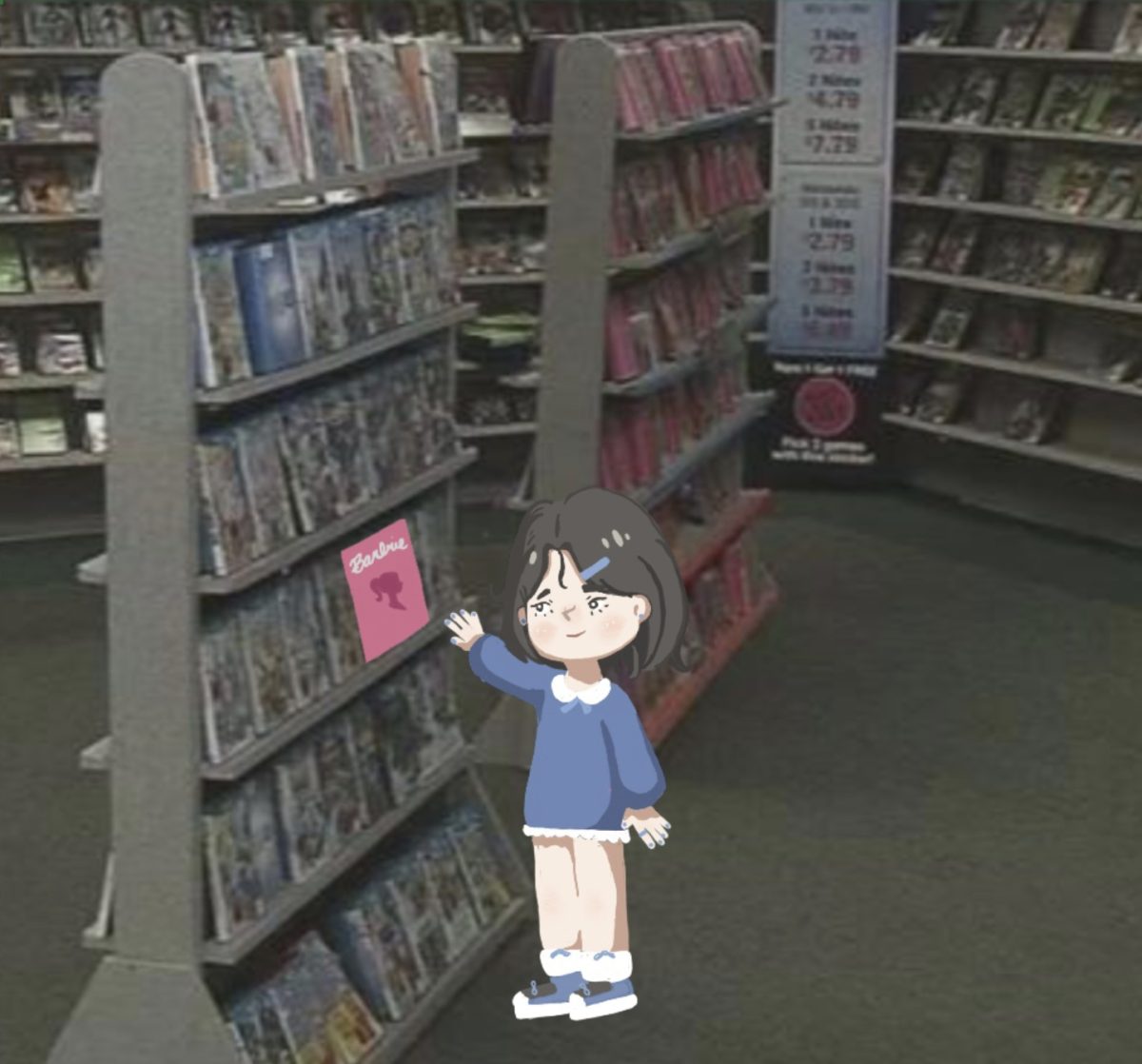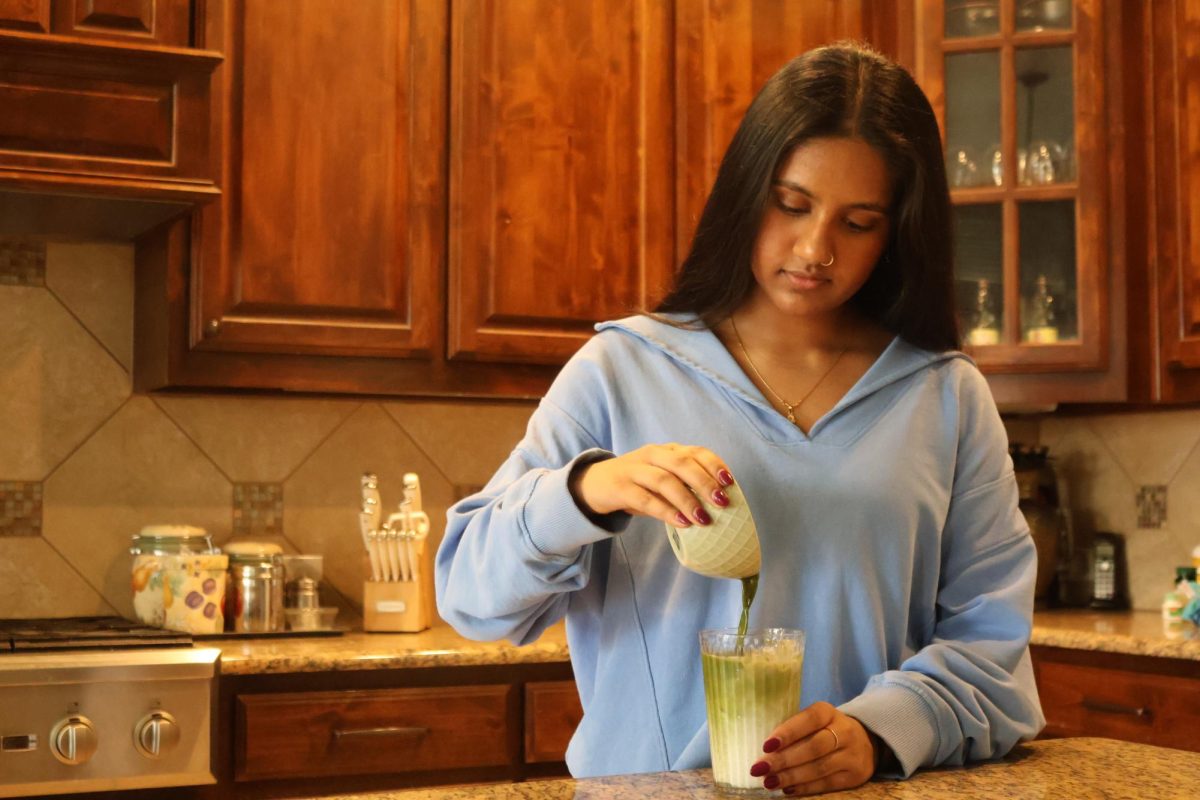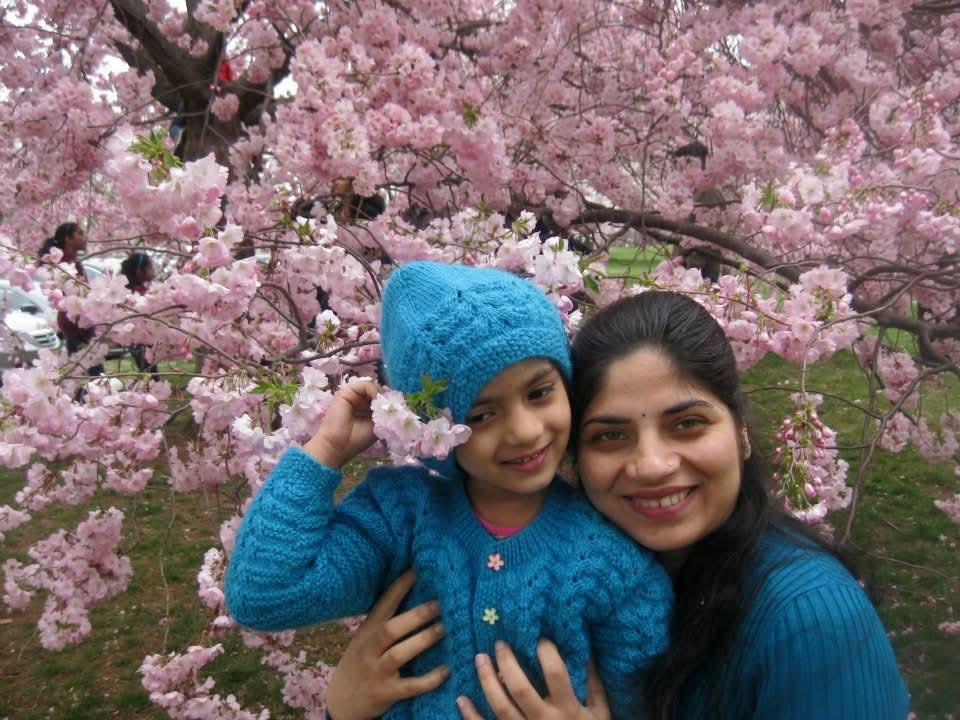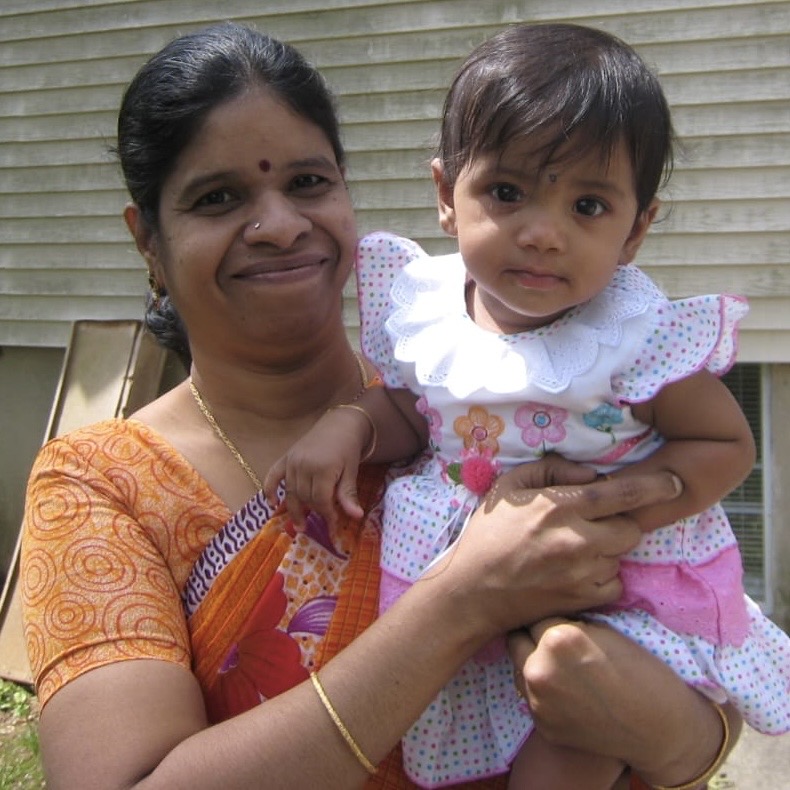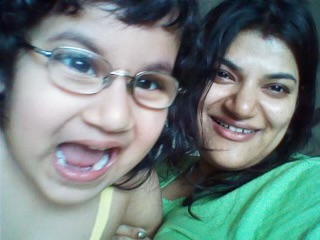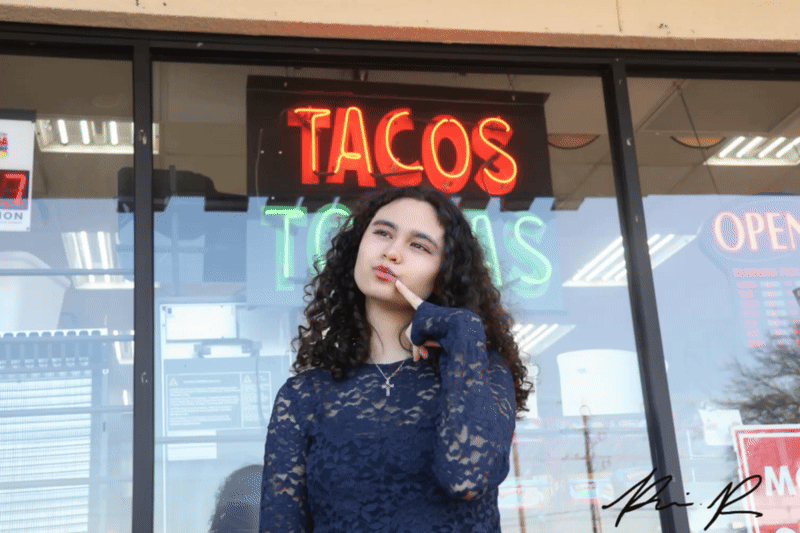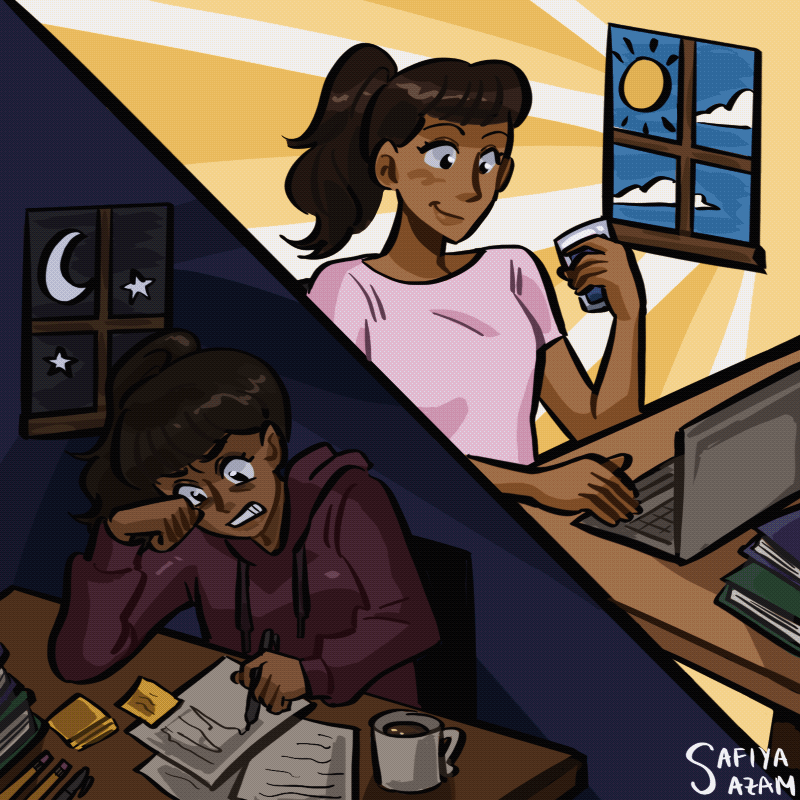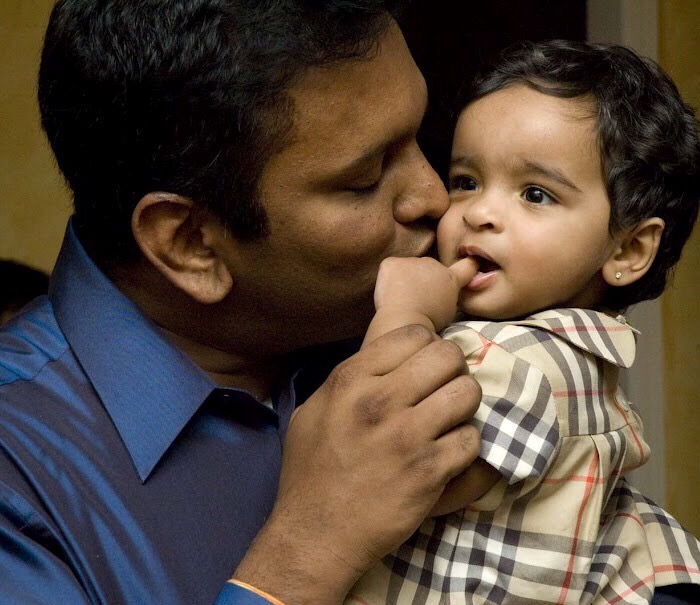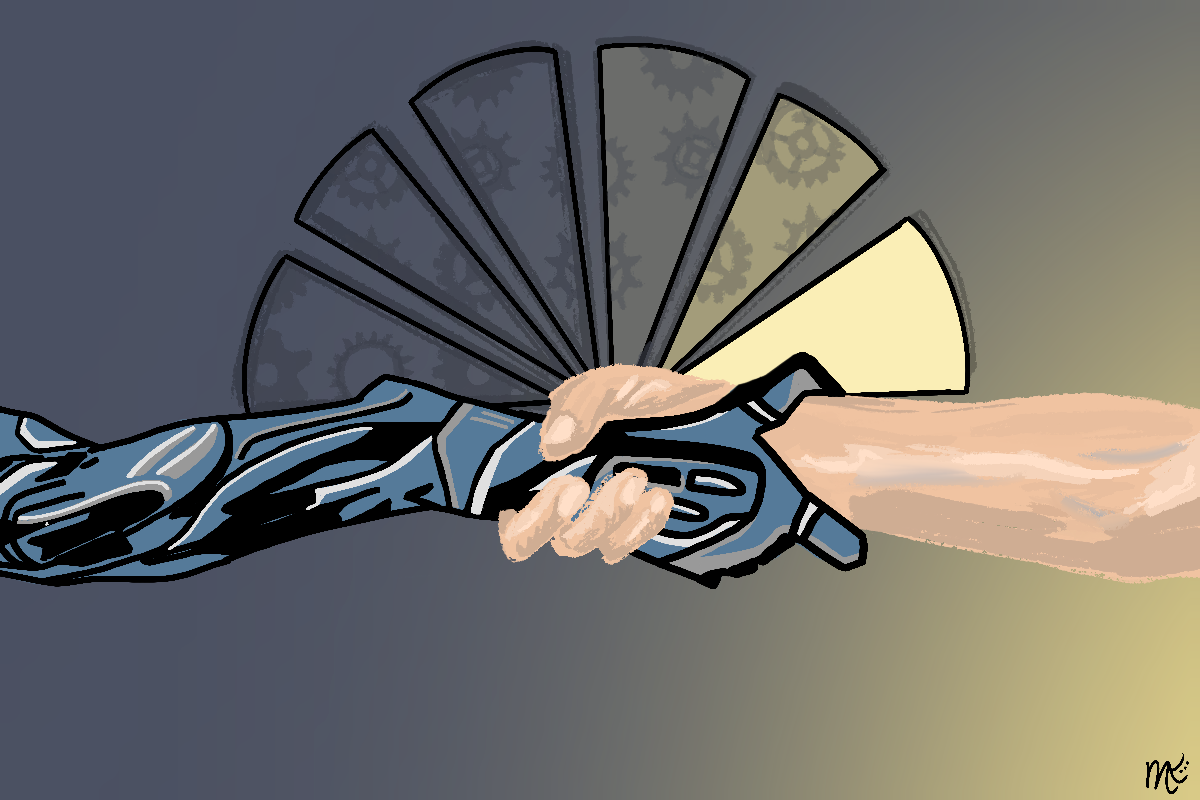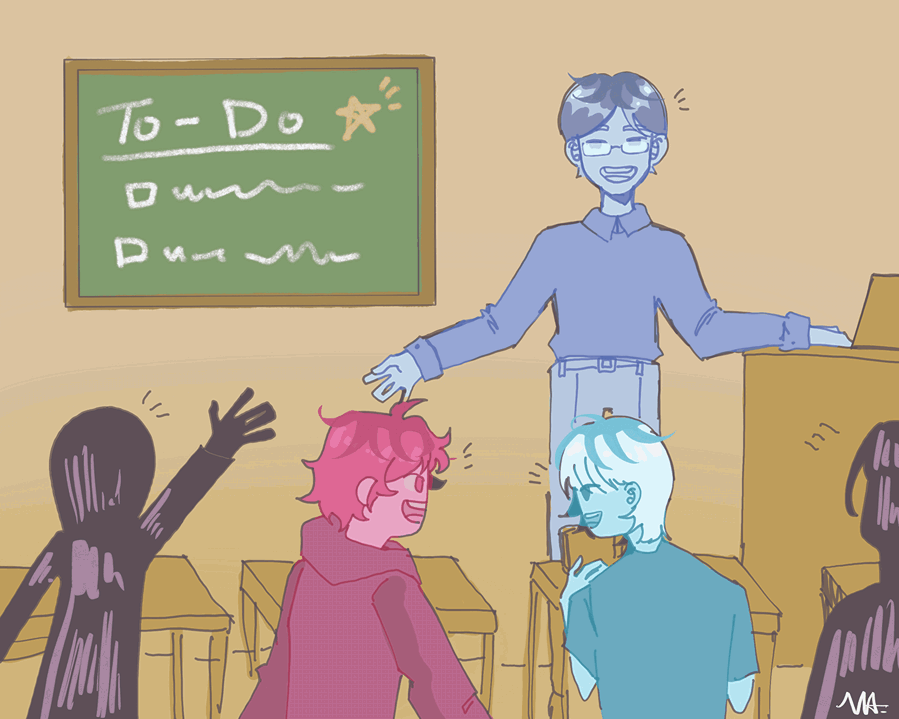Walking through the dimly lit Family Video, a 5-year-old me beelined to the front of the store, uninterested in the racks on racks of DVDs. As I reached the front, I was welcomed by the newest selection of the Barbie movies.
The Barbie Cinematic Universe includes movies of Barbie as an actress, playing a role in a movie, such as Barbie and the Three Musketeers, and Barbie: Princess Charm School, or of Barbie’s real life, such as The Barbie Diaries, and Barbie: A Fashion Fairytale. In both movie variations, they all have the same themes of empowerment, friendship and girl power.
In the endless selection of children’s movies, my eyes would always gravitate back to the Barbie movies. The uplifting songs about friendship, the screen shrouded in different hues of pink and accents of glitter and the admittedly low-quality animation entranced me in a way that sticks with me to this day.
Watching these movies as a child, I daydreamed of being a character in the movies. Even now, I joke to my friends about how I wished that Coppell High School had the magical crystal lockers from Barbie: Princess Charm School.
I’ve always been captivated by the visuals in Barbie movies. Besides the subpar animation quality of the early 2000s, every outfit, background and fantastical realm was made with keen attention to detail, with fantastical elements and vibrant colors throughout. Whether the movie took place in a small village, or the enchanted land of Fairytopia, my eyes were glued to the screen.
Often being written off as shallow and childish, Barbie movies get a bad reputation of being a harmful influence on young girls. Contrary to popular belief, Barbie movies cover a wide span of topics such as class struggle, misogyny and friendship struggles. They tackle such topics in a digestible way for children to understand, with a touch of magic throughout all of them.
Barbie movies stick out to me from other movies targeted towards young girls in terms of how they portray their female characters. In many movies, they either make female characters’ stories dependent on her love interest or make her averse to love at all if her story isn’t focused on romance.
Barbie movies have a good balance to where the main character fell in love, but it isn’t the main point of the story. In Barbie: Princess Charm School, the main character, Blair Willows dances with her love interest, Prince Nicholas, but he isn’t a main character at all. This type of narrative pushed me to see that I’m capable of anything I put my mind to, but it’s also OK to fall in love and being successful and being in love aren’t mutually exclusive.
Even now, 12 years later, I still reach for the bright pink Barbie: Fairytopia DVD on the shelf in my living room. When I’m drowning in the trenches of my classwork, I can always turn to the outrageous but comforting plot of a Barbie movie, whether the main character and her best friend are floating on a magical rainbow to the Diamond Castle or if she and her friends are on a heist to steal an enchanted crown.
A good Barbie movie can make me feel 5 years old again without a care in the world.
Follow @anvita_bondada and @CHSCampusNews on X.



